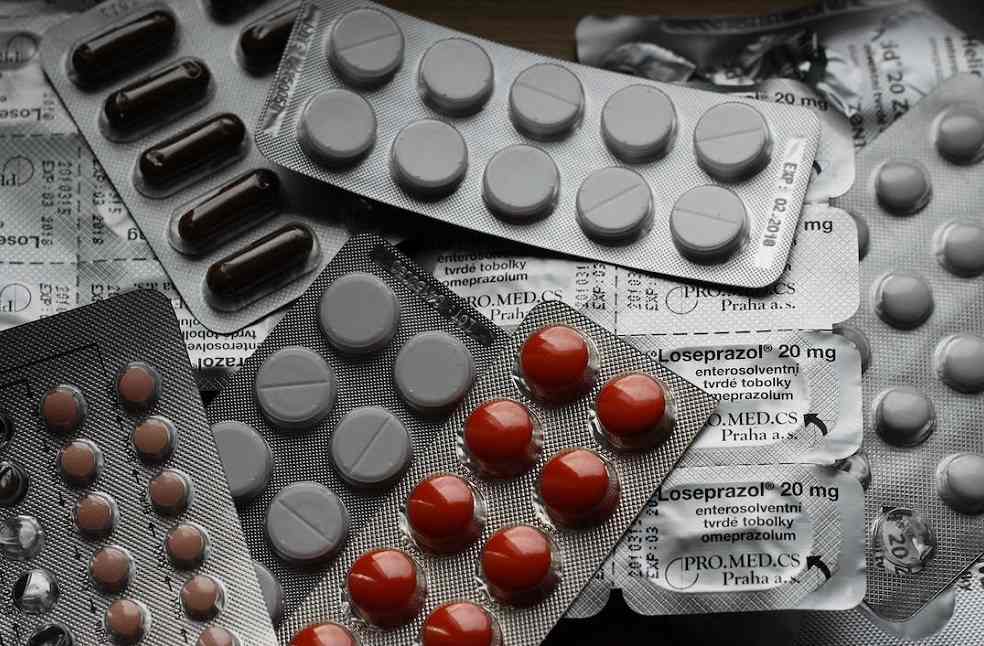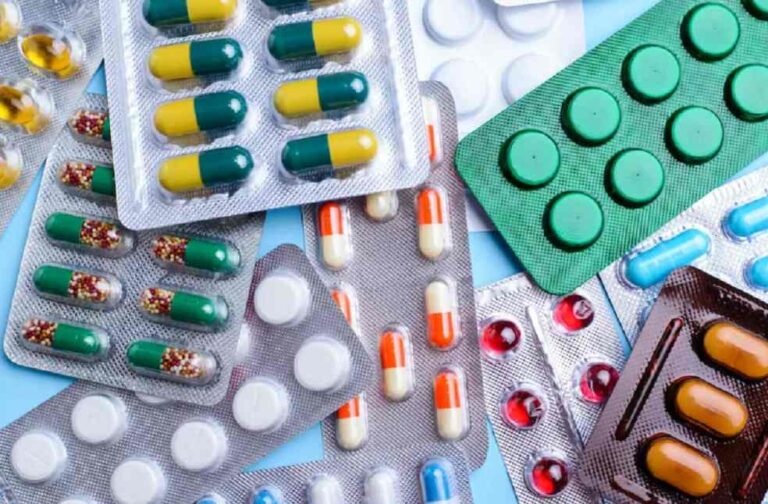Donald Trump’s plan to impose a 25% tariff on pharmaceutical imports could raise U.S. drug costs by nearly $51 billion.
An industry-backed study indicates that a 25% tariff on imported medicines could increase U.S. drug costs by up to $51 billion annually, reflecting a potential 12% rise. The report, authored by Ernst & Young and reviewed by Reuters for a major U.S. pharmaceutical trade organization, emphasizes the significant reliance of American healthcare on foreign-produced drugs and ingredients.
The analysis revealed that in 2023, the United States imported pharmaceutical products worth $203 billion, with 73% originating from Europe, particularly Ireland, Germany, and Switzerland. The same year, total U.S. sales of finished pharmaceuticals reached $393 billion.

The report was prepared for the Pharmaceutical Research and Manufacturers of America (PhRMA), the leading U.S. pharmaceutical lobby representing companies like Amgen, Bristol Myers Squibb, Eli Lilly, and Pfizer. The report was commissioned following the Trump administration’s decision to investigate pharmaceutical imports due to national security concerns.
The report estimates that if the proposed tariffs are entirely transferred to consumers, U.S. drug prices would increase by as much as 12.9%. A formal investigation into foreign pharmaceutical imports has begun, raising concerns among drugmakers about the potential impact on U.S. production.

PhRMA contends that imposing tariffs would hinder initiatives to enhance domestic drug and pharmaceutical production, counteracting the president’s objectives. Approximately 30% of imported pharmaceuticals consist of ingredients used in U.S. production, and imposing tariffs on these materials could increase costs for domestic manufacturers by more than 4%.
The consultancy firm warned that higher input costs could threaten a portion of the 490,000 export-related jobs in the pharmaceutical industry by reducing foreign demand for U.S.-made drugs. These drugs, which make up a quarter of domestic pharmaceutical production, are primarily exported, and a loss of competitiveness could impact global markets. Companies like Roche are requesting exemptions, claiming that their export contributions offset imports.
IMEX SECTOR | Malaysia Revises Rubber Glove Export Rules to Ensure Quality



